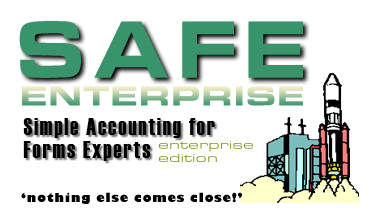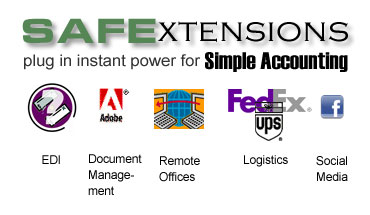Blog
Double Entry: Book Recommendation
November 16, 2012 :
Just a quick bit of fluff to end the week. A recommendation for a book you may find interesting (OK, that we find interesting).
Double Entry: How the Merchants of Venice Created Modern Finance, by Jane Gleeson White.
It’s essentially a layman’s history of accounting, starting with the invention of what we take for granted: double entry bookkeeping up through modern corporate and national accounting. It’s also a handy (and painless) primer on the basics of financial statements.
If that sounds about as fascinating as reading a textbook, let me assure you it will be interesting to anyone who enjoys history of any kind. It’s a very quick read and you may learn a thing or two about why business and governments function as they do.
The most striking thing for us, was the fact that, though double entry bookkeeping has been around for 500 years (or perhaps even further back—the author suggests that Arab and Hindu merchants may well have invented the practice back in the 9th century; it’s only that the Venetians began using Arabic numbers in 1400.) the profession of ‘accounting’ and most of the concepts we take for granted to run a business or a government simply did not exist until very recently.
For example, it’s hard to imagine, but back in 1500, concepts such as ‘Profit’, ‘Credit’, ‘Interest’ and even ‘Cash’ were quite alien to the thinking of most merchants. So students had to spend a lot of time learning abstract concepts before they could get onto the mechanics.
Other factoids:
Did you know that Wedgewood (of the fancy ‘china’ fame) was the originator of cost accounting?
John Maynard Keynes came to prominence initially because he helped develop the first national accounting system (for Great Britain) and only because no country on earth had accurate records of data such as GDP? (In fact, one of the great causes of the Depression was that governments had no way to track how the economy was doing.)
Accounting scandals are nothing new. There have been many, many ‘meltdowns’ similar to the recent credit bubbles and they all have one feature in common: accounting practice does not keep up with business practice. The profession always lags behind in having the tools to monitor business performance.
Perhaps this is not the ‘perfect’ Christmas gift, but I’d be surprised if anyone, even a Harvard MBA, didn’t learn a thing or two, and enjoy themselves while doing.




Help us improve this topic!
You must log in to post a comment.